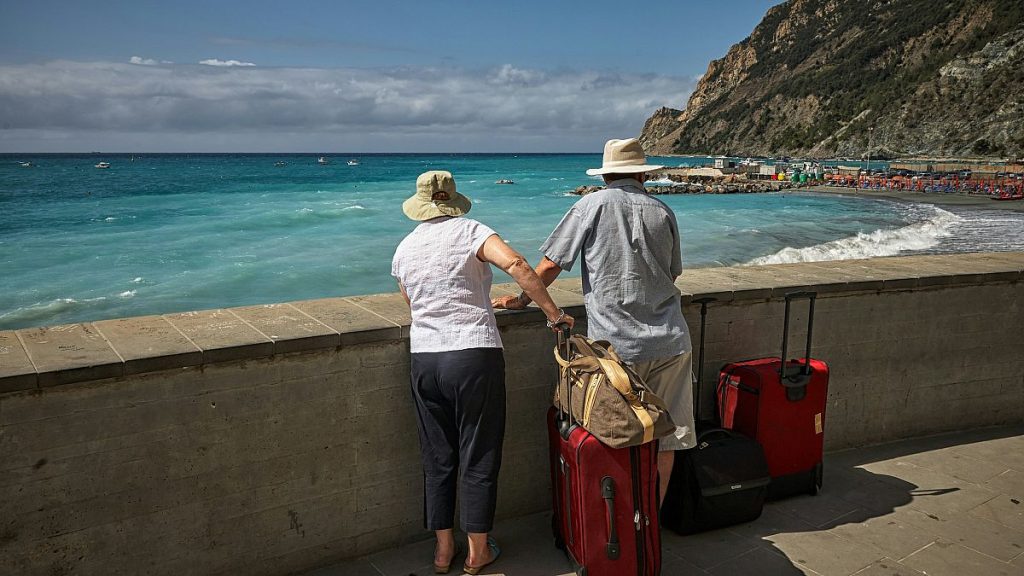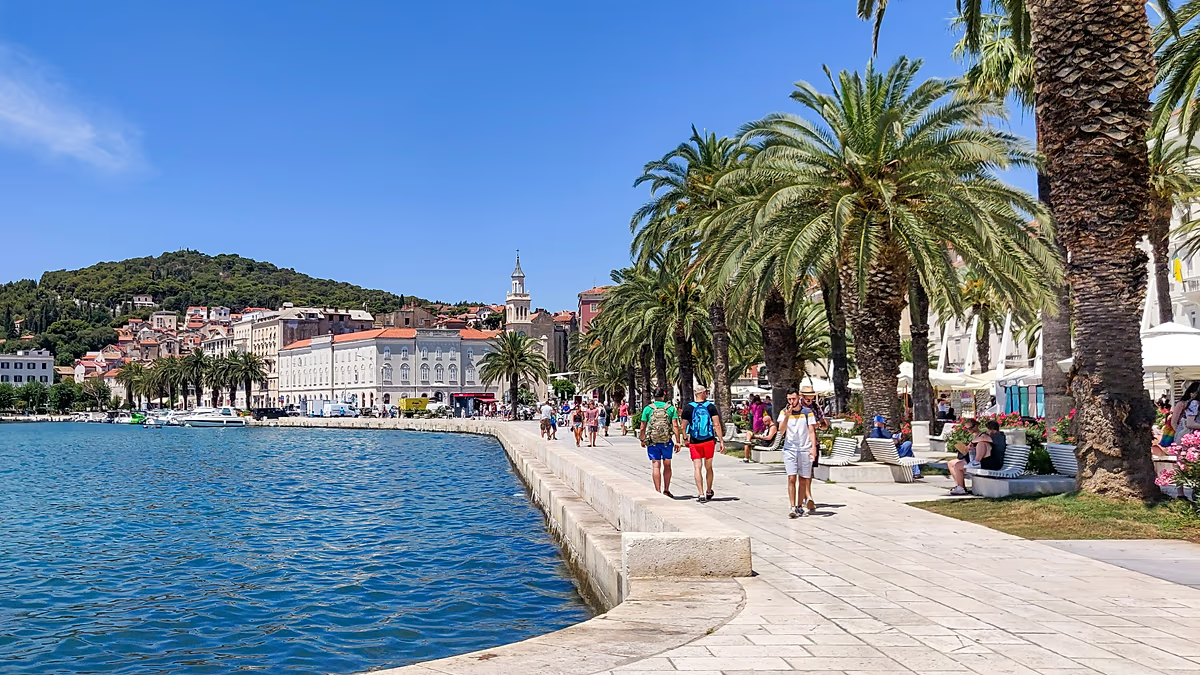Starting December 2, 2023, visitors to Spain must provide extensive personal information to local authorities upon arrival, as part of new regulations aimed at combating organized crime. Hotels, travel agencies, holiday rentals, campsites, and car rental companies will be obligated to collect and report more than 40 pieces of data for accommodation bookings and over 60 for car rentals. This includes details such as payment information, home addresses, phone numbers, the number of guests in each party, and information on family relationships, particularly concerning children traveling in the same group. Although aimed at increasing security, these new requirements have raised concerns among hoteliers and may significantly alter the visitor experience in Spain.
The information collected from tourists will be uploaded to a centralized platform monitored by Spanish security forces. Already required to submit guests’ full names, email addresses, and identification numbers within 24 hours of check-in, hotels are now facing additional layers of regulatory scrutiny. These measures will apply across mainland Spain and its islands, such as the Balearics and Canary Islands. Non-compliance with these provisions can lead to severe penalties, with fines reaching up to €30,000. The measures have been enacted under a royal decree reflecting the government’s intention to safeguard national security, despite backlash from the tourism sector, particularly hoteliers who fear the new data collection will deter visitors.
The leading hotel association in Spain, CEHAT, strongly opposed the immediate implementation of these new regulations, advocating for their dismissal or revision. Although CEHAT was able to delay the introduction of the rules, which were originally scheduled for January 2023, hotel representatives express frustration over the lack of communication from government authorities. CEHAT’s president, Jorge Marichal, has remarked on the industry’s calls for engagement and practical solutions, emphasizing the lack of political response that forces them to consider legal action. The association contends that the imposition of extensive reporting requirements will ultimately adversely affect both the hotel sector and the visitor experience.
As a result of these regulations, travel agencies have raised alarms regarding the bureaucratic burden placed on both businesses and travelers. Many believe that the increased administrative procedures will complicate the booking and check-in processes, potentially inconveniencing guests. Moreover, the additional privacy implications and the potential for increased operational costs may lead to higher prices for tourists seeking accommodations or car rentals. The European Travel Agents’ and Tour Operators’ Associations (ECTAA), along with the Spanish travel agency group ACAVE, have voiced concerns over the risks these measures pose to the European tourism market while highlighting the critical issue of safeguarding travelers’ personal data.
In context, it is worth noting that many EU countries also impose requirements for accommodations to verify the identities of their guests. Countries like Croatia, Italy, and Germany compel hotels to report similar information, including guest names, contact details, and identification numbers to their respective authorities. However, the extent and nature of data collection can vary significantly, raising important questions about privacy and operational efficiency in the tourism industry. The Spanish government’s stringent regulations introduce an additional layer of compliance that may not be conducive to maintaining a welcoming and streamlined visitor experience.
While the Spanish government remains steadfast in its commitment to enhancing security through these measures, the tourism sector’s response underscores a fundamental tension between regulatory imperatives and the practicality of delivering an appealing visitor experience. Hoteliers and travel agents are at a crossroads, advocating for a balance between public safety and the need to preserve the competitiveness and attractiveness of Spain as a tourist destination. As these regulations come into force, the ongoing debate between compliance and customer service will be crucial in shaping the future landscape of the tourism industry in Spain.













